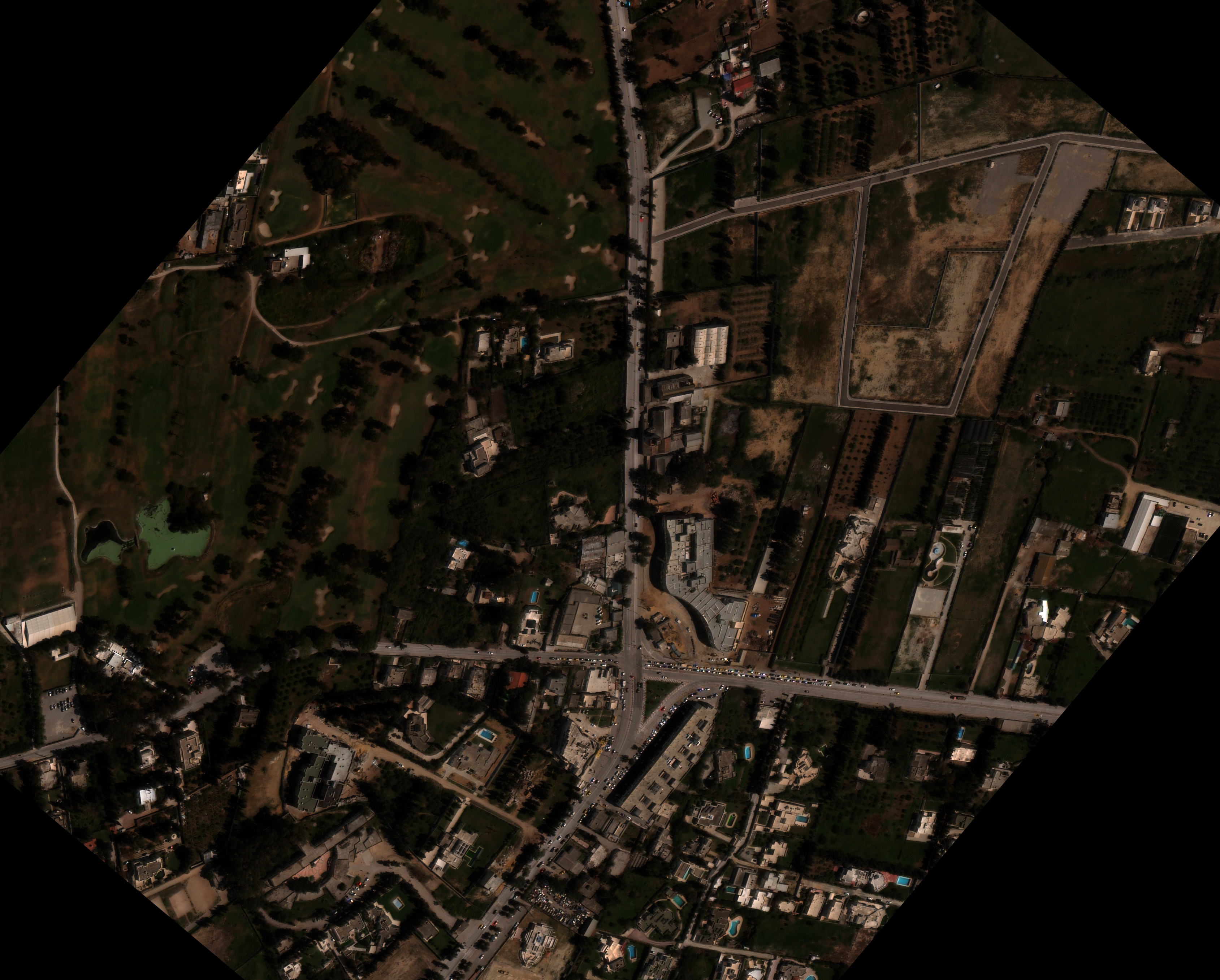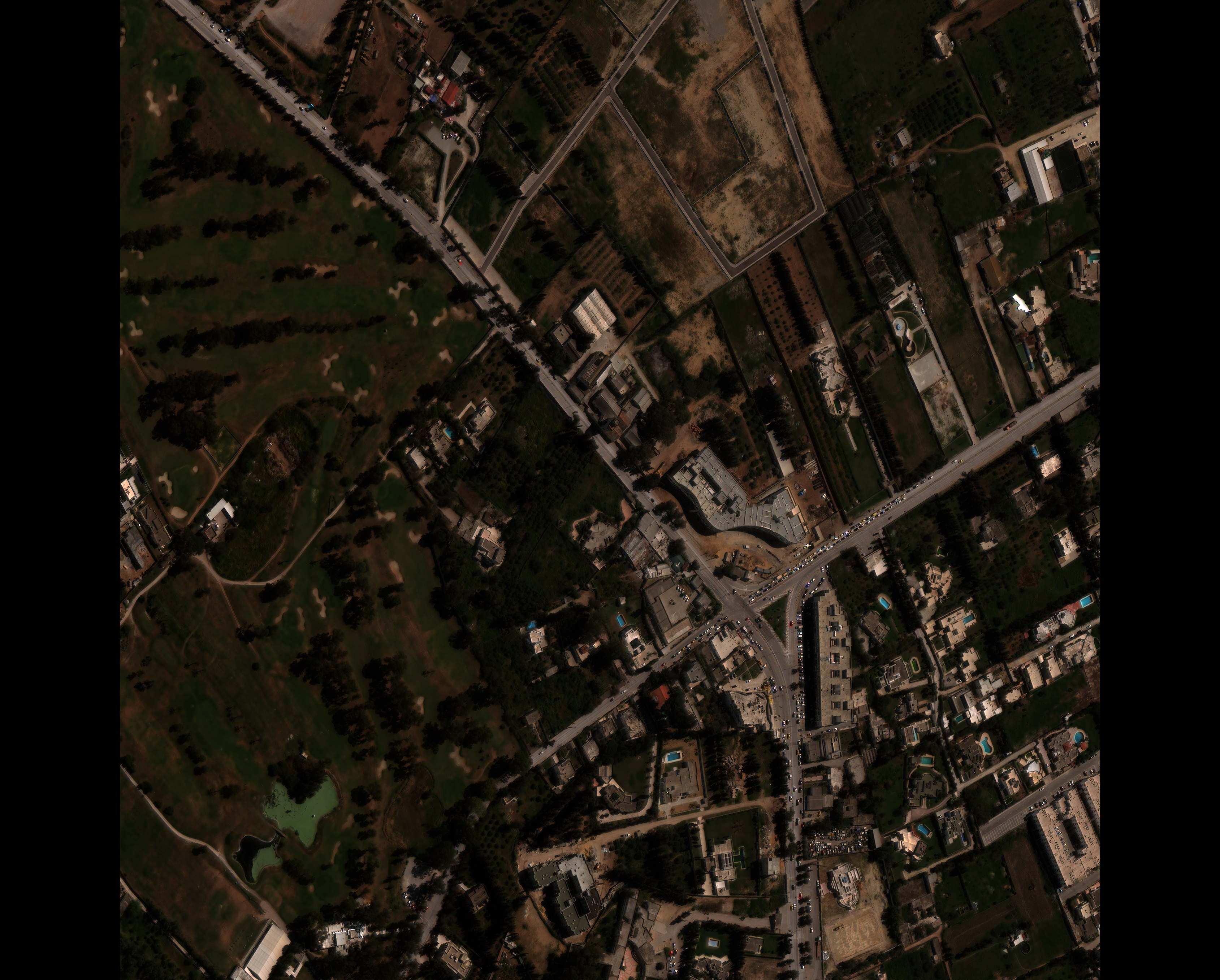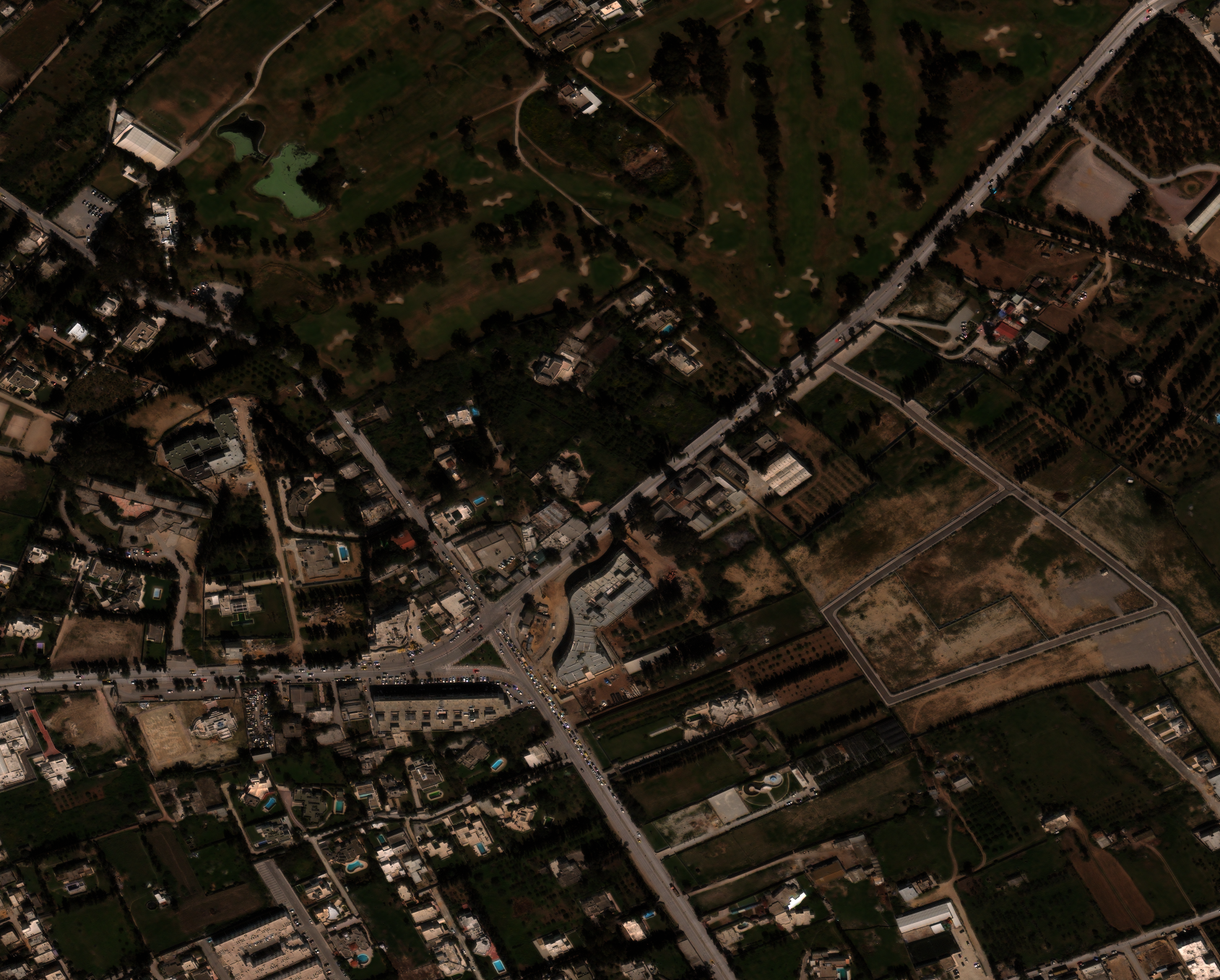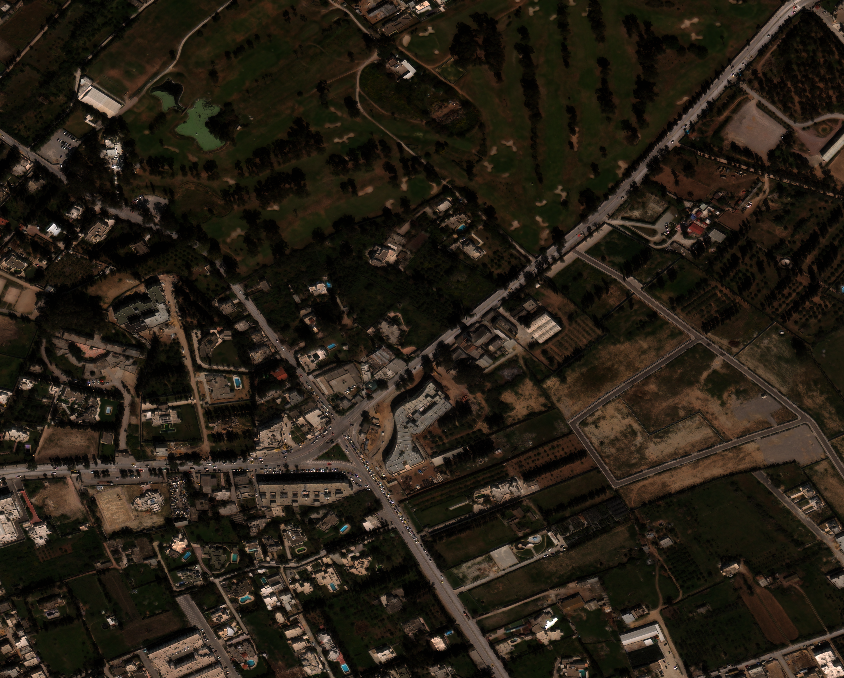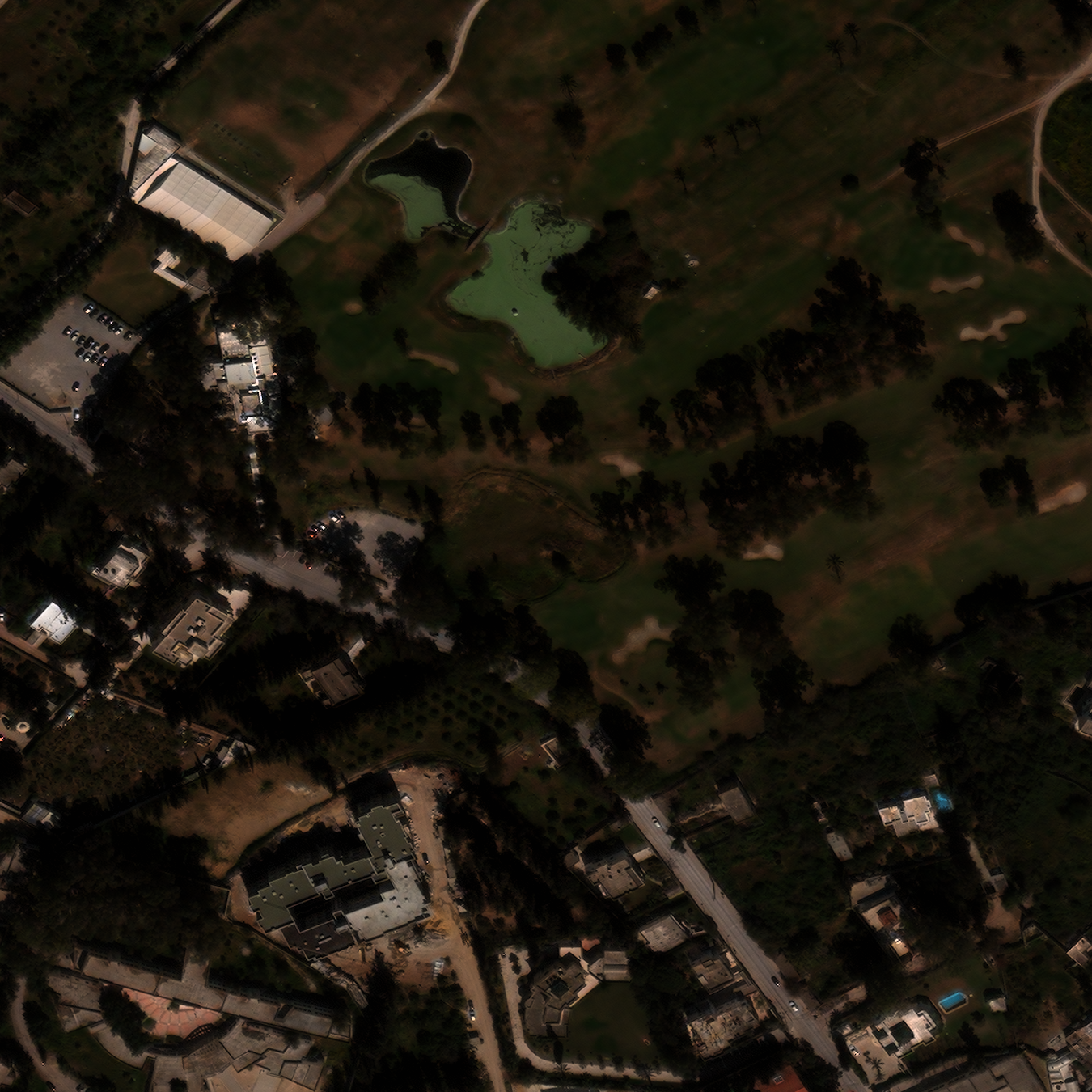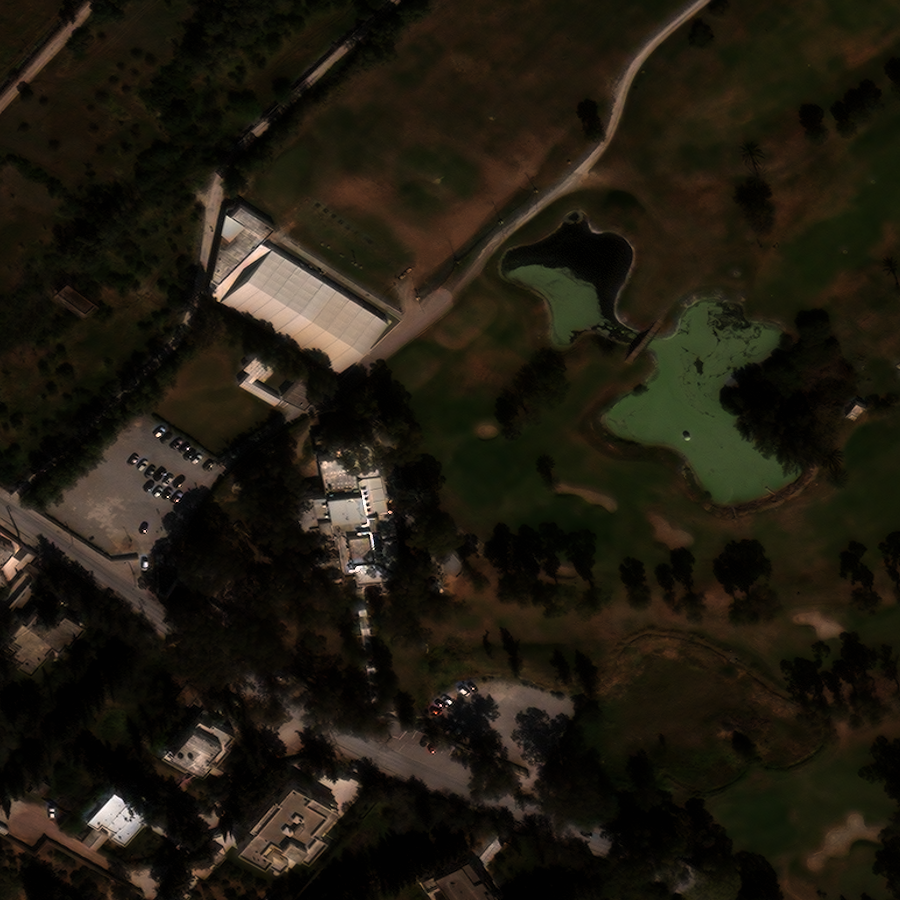import cv2
import numpy as np
import json
import base64, requests
import io, flask
from PIL import Imageeveryone requires image as input and some other arguments(as data payload)
Run docker-compose up -d --build (This will build and make the container up and running with localhost endpoint at 5000 port open for rest request)
url = 'http://localhost:5000/rotate'
my_img = {'image': open('./images/satelliite/106.png', 'rb')}
payload = {'angle':"50"}
response = requests.post(url, files=my_img, data=payload)
print(response.text)
# convert server response into JSON format.
im_b64 = response.json()['image']
im_binary = base64.b64decode(im_b64)
buf = io.BytesIO(im_binary)
img = Image.open(buf)
imgurl = 'http://127.0.0.1:5000/rotate'
my_img = {'image': open('./images/satelliite/106.png', 'rb')}
payload = {}
response = requests.post(url, files=my_img, data=payload)
print(response.text)
# convert server response into JSON format.
im_b64 = response.json()['image']
im_binary = base64.b64decode(im_b64)
buf = io.BytesIO(im_binary)
img = Image.open(buf)
imgurl = 'http://127.0.0.1:5000/resize'
my_img = {'image': open('./images/satelliite/106.png', 'rb')}
payload = {}
response = requests.post(url, files=my_img, data=payload)
# convert server response into JSON format.
im_b64 = response.json()['image']
im_binary = base64.b64decode(im_b64)
buf = io.BytesIO(im_binary)
img = Image.open(buf)
imgurl = 'http://127.0.0.1:5000/resize'
my_img = {'image': open('./images/satelliite/106.png', 'rb')}
payload = {"lengthScale":"25", "breadthScale":"25"}
response = requests.post(url, files=my_img, data=payload)
# convert server response into JSON format.
im_b64 = response.json()['image']
im_binary = base64.b64decode(im_b64)
buf = io.BytesIO(im_binary)
img = Image.open(buf)imgurl = 'http://127.0.0.1:5000/crop'
my_img = {'image': open('./images/satelliite/106.png', 'rb')}
payload = {"x":"150","x1":"1500","y":"150", "y1":"1500"}
response = requests.post(url, files=my_img, data=payload)
# convert server response into JSON format.
im_b64 = response.json()['image']
im_binary = base64.b64decode(im_b64)
buf = io.BytesIO(im_binary)
img = Image.open(buf)imgurl = 'http://127.0.0.1:5000/crop'
my_img = {'image': open('./images/satelliite/106.png', 'rb')}
payload = {}
response = requests.post(url, files=my_img, data=payload)
# convert server response into JSON format.
im_b64 = response.json()['image']
im_binary = base64.b64decode(im_b64)
buf = io.BytesIO(im_binary)
img = Image.open(buf)img